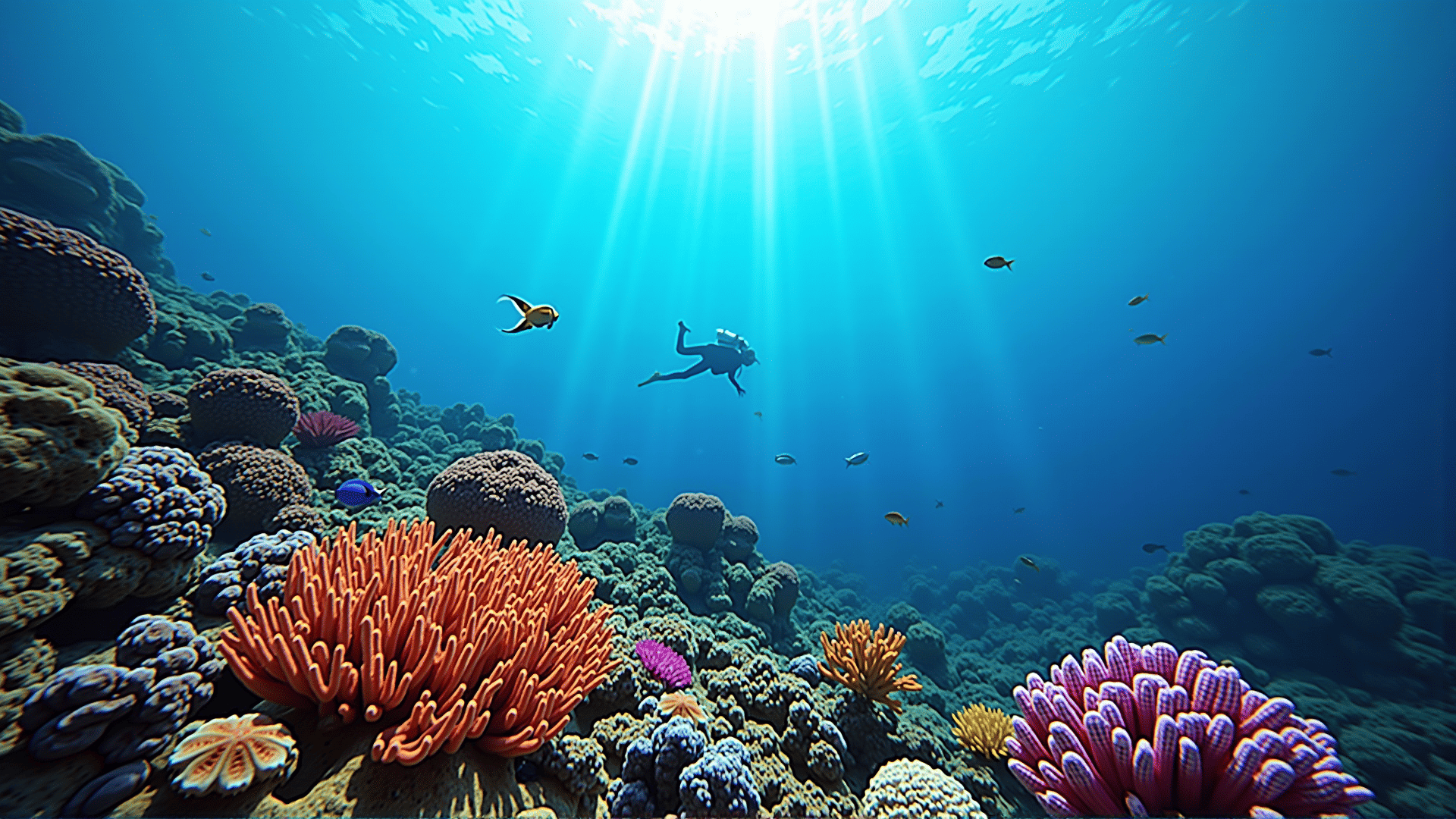The vibrant coral reefs of the Philippines are among the most diverse and stunning ecosystems on the planet. These underwater gardens not only support a vast array of marine life but are also crucial for the livelihoods of millions of Filipinos. However, the reefs are facing unprecedented threats due to various human activities and environmental changes. Thankfully, numerous conservation efforts are underway to preserve these vital ecosystems, and individuals can also play a significant role in ensuring their protection.
At the forefront of these conservation initiatives are local and international organizations that focus on restoring and protecting the reefs. Efforts involve the removal of invasive species, promoting sustainable fishing practices, and the establishment of marine protected areas (MPAs), which are critical for providing safe havens where coral and marine life can thrive without human interference. MPAs not only help in conservation but also serve as important areas for scientific research and education, demonstrating the importance and beauty of corals.
Reef restoration projects are gaining momentum, where scientists and volunteers work together to rejuvenate damaged areas. This often involves the cultivation and transplantation of coral fragments, a method akin to underwater gardening, which has shown promising results in areas recovering from damage. Technological advancements are also aiding these projects; for instance, some organizations are using 3D printing to create complex structures that mimic natural reefs, providing new homes for marine organisms and encouraging coral growth.
Public awareness campaigns are crucial for conservation success. Education plays a vital role in inspiring communities to adopt eco-friendly practices that protect their natural resources. Workshops and seminars are often held to educate local communities about the importance of reefs, sustainable practices, and how human actions are impacting these ecosystems. By fostering a sense of stewardship among residents, these initiatives aim to create a collective responsibility towards marine preservation.
Individuals can contribute to reef conservation in several ways. Simple actions, such as reducing plastic usage, can make a significant impact, given the detrimental effects of plastic on marine life. When visiting reef areas, people should be mindful not to touch or disturb the coral, as even the slightest human interference can cause harm. Supporting local conservation groups by volunteering time or resources can also be incredibly beneficial.
Moreover, choosing to buy sustainably sourced seafood helps reduce the strain on marine life that depends on coral reefs. Participation in local clean-up events, whether on land or underwater, is another effective way individuals can help maintain these vital ecosystems. Such actions not only keep the environment clean but also raise awareness within the community.
In conclusion, while the threats to the Philippines' coral reefs are significant, the ongoing conservation efforts and the potential for individual contribution provide hope for these critical ecosystems. By combining scientific innovation with community engagement, there is a promising path forward for preserving the beauty and biodiversity of coral reefs for future generations.
